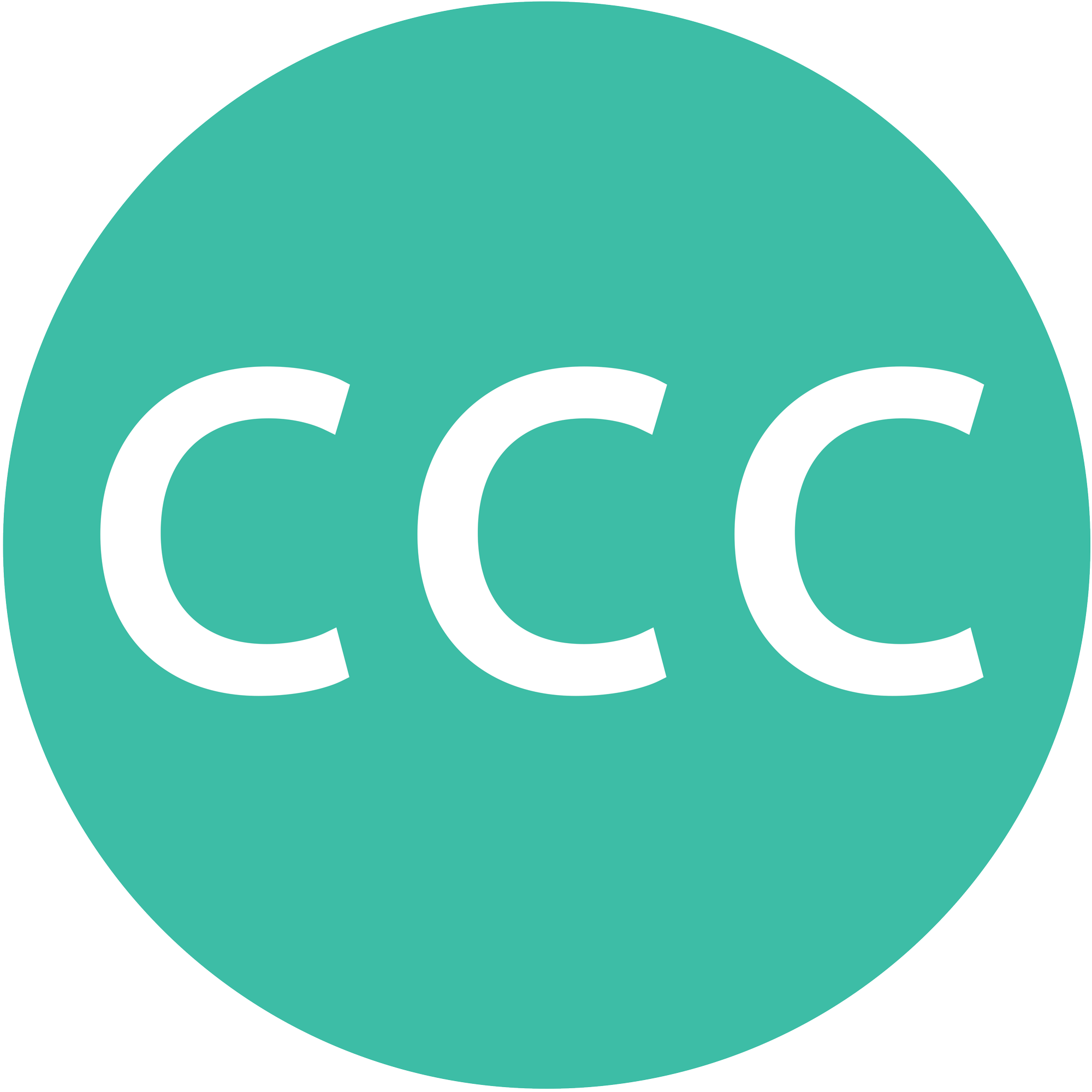I admit to being a slow learner, but perhaps not as slow as some of my colleagues in philanthropy. For decades I’ve been a democracy purist, arguing that we had to greatly increase charitable investments in structural democracy reforms (public financing of elections, universal registration, term limits for the Supreme Court, election administration, lobbying rules reforms, ranked-choice voting and eliminating the Electoral College) while mostly ignoring short-term voter engagement. While there may have been some justification for this approach, given how little funding was going to promote such structural reforms, Trump’s election and insurrection were a wakeup call to the overwhelming importance of ensuring that citizens are motivated, educated and mobilized to vote and that voting is protected. To paraphrase James Carville’s 1992 quip, “it’s the economy, stupid,” I’d say, “it’s voter engagement, stupid.”
Many of us philanthropists have for a long time played softball in a hardball game. We fund dialogue and important ideas about how to make government more efficient and responsive. A smaller few fund some of the longer-term structural democracy reform policies that I mentioned above. While this is not a call to abandon those investments, or any other gifting to advance social justice, we must also fund voter engagement at scale and now. Unless one feels that we can live through another four years of a MAGA government.
This is not an ends-justifies-the-means argument because the ends and means are aligned. The sad truth is that we’re not going to get money out of politics until we philanthropists put more money into politics (aka voter engagement for private foundation funders). As hard as this is to say or believe, in the United States we need to also provide protection for election workers and administrators. In order to get a new Voting Rights Act, we need to protect voting rights in the next election. We need to fully fund community organizers. And individuals must be willing to fund partisan organizing in so-called battleground districts (eight states, twelve Congressional races) so that they can help pro-democracy candidates, yes, win.
Although private foundation funding of nonpartisan voter engagement by historically underrepresented groups has been legal for decades (Bolder Advocacy provides guidance to donors on the rules), funding has failed to keep up with the need. But that hasn’t stopped MAGA-Republicans trying to scare off what little pro-democracy charitable funding there is. Funders must resist this intimidation.
In the New York Times’ Where Has All the Left-Wing Money Gone, Michelle Goldberg paints a picture of a crisis that calls for a nonprofit commitment. Donors are holding back, strangling community organizing and election protection organizations. Every citizen must have the right to vote, the ability to vote, and the confidence that their vote counts. That requires nonprofit organizations planning and staffing for 2024. I hope I’m not shocking any of you when I say that can’t be done without money.
Goldberg suggests that one of the causes of the drop-off in funding is a sort of malaise. Nope. It’s ma-lazy. The people doing the real work–activists, organizers, lawyers, even fundraisers–are working their butts off, and all we must do as philanthropists is write a check. I’m not saying giving money away well is necessarily easy, but it sure ain’t as hard as knocking on a stranger’s door and asking them to exercise their right to vote.
By the way, I thought coming up with “ma-lazy” was pretty clever, so I googled it just to make sure I was the first person ever to use it. Uh-uh. Sarah Nicole Prickett, in 2011, coined “Malaisey,” which she describes, if I may paraphrase, as a lazy unwillingness to actually do anything about the uneasy feeling coming from world news that worsens daily.
In 2018, our foundation began to separate out a “Voter Engagement” (VE) program from our “Democracy” program, and in 2023 VE has become the largest of the foundation’s programs. Everything else we believe in–such as racial justice, climate justice, gun control, women’s rights, tolerance, expanded healthcare, better education, eliminating poverty–depends on electing officials who share our concerns.
Goldberg’s article references a memo written by Billy Wimsatt, executive director of Movement Voter Project. Although his memo competes with the bible for length and passion, his message can be boiled down to this: To win in ’24, invest in ’23. For donors it’s a two-fer: qualify as a CCC signer by giving more and help save democracy! Pretty cool.
